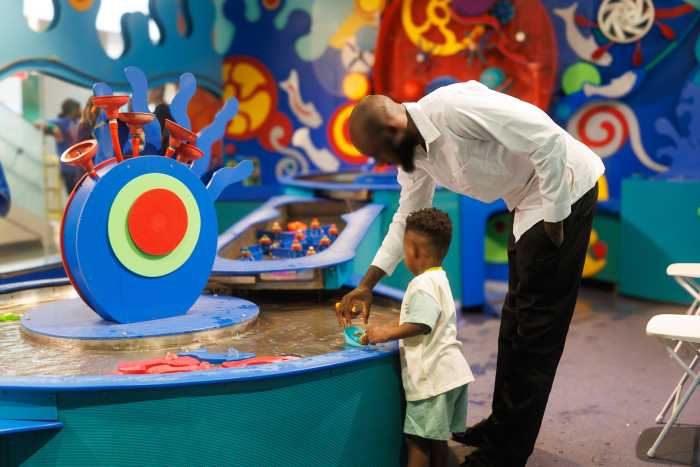I talk a good game about leaving my kids alone to be who they are, but then, sometimes I realize I want them to be who I want them to be: I want them to be like me.
Take for example, my recent Facebook post, an article my older son wrote for his school paper.
I remember the moment it occurred to me, that maybe he’d really want to be a writer, like Dear Ol’ Mom.
I was at the parent orientation at his high school, and through the din, one student’s voice broke out. “I work as a sportswriter on the school paper…” he said to one or another nervous new parent.
It was like a big red firework display out of nowhere in the sky: Oh my God! Eli could be a sportswriter!
I’d seen something in his writing that I thought was really insightful, but to push him as a writer seemed self-serving, and more than a little obvious. Really? Could I say, “I think you should be a writer like … me.”?
It would be hard. But writing about sports?
This, clearly, wasn’t about me. I hate sports. I am the third girl in my family, the big disappointment to my father’s dream of having a boy who’d make it to the Big League (or whatever they call that) like he almost did.
My father could never go anywhere without complaining he was missing some sports program. He had to buy the first-ever video cassette recorder, a Betamax — at great expense — to feel less terrible about what he missed. It is obvious, then, even to someone who isn’t a psychoanalyst, that sports broadcasters were my mortal enemies, my most direct competition for my father’s attention. Therefore, to suggest that my son be a sportswriter, of course, was taking his interests into account, not mine. He was the one who knew everything about everyone on every baseball team. He was the one, who at age 6, sat screaming at the screen during the final tense plays of “Friday Night Lights” on the airplane. Go figure.
I was just seeing what I saw as his interests when I suggested, fingers crossed, that maybe he could do some sportswriting for the school paper, that I had overheard a kid mention it and, I said blithely, “He said it was cool.”
Did he say it was cool? Did I make that up? I have learned, when making a suggestion to my children, that using an external character who “thinks it’s cool” can be far more effective than saying, “I think it’s cool.” I recall vividly that scene in “Sixteen Candles” when Molly Ringwald is feeling awful about her lack of popularity and is made to feel only worse by her father offering up, “I don’t think you’re a dork, I don’t think your mother thinks you’re a dork…” As if that helps.
So, I said it. Some other older kid thinks it’s cool. I made the suggestion and let it lay there, festering in his mind.
A few weeks later, Eli offered up some news of the day, in and of itself a rare occurrence.
“I saw a sign up today to write for the paper, and they need sportswriters,” he said.
My eyes got wide with excitement, and he noticed. He’s on to me. No matter how I phrase it, how many external characters I might employ to tell him it’s cool, he knows what I want.
“Wow!” I said, “Cool!”
“Yeah,” he said. “I thought it was funny that I noticed the sign. I thought it was a ‘sign.’ ”
My heart burst, my narcissism knew no bounds: not only was my son going to take my advice, but he was reading the signs-literal and figurative-of what he should do.
I want my son to succeed by a path that I have laid. I want to be part of helping him find his way. This is dangerous ground, so dangerous that I almost didn’t post the article he wrote about a new cheerleading group at school on Facebook.
Almost.
In the end, I did. I want him to know how proud it makes me that he wants to be a writer, even if it’s not forever.
There are so many things he can be besides a writer, if he wants. I’ll say that over and over to myself.
I hope I listen.

























